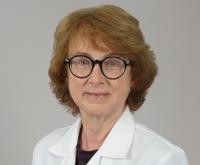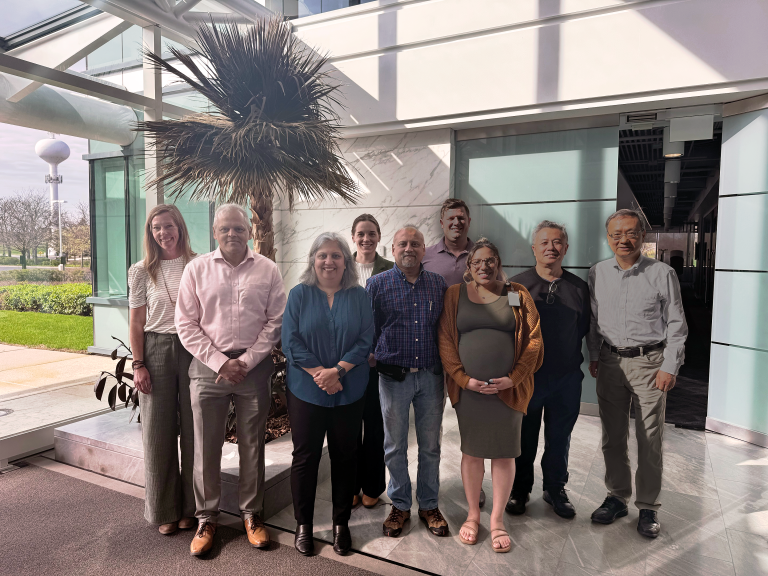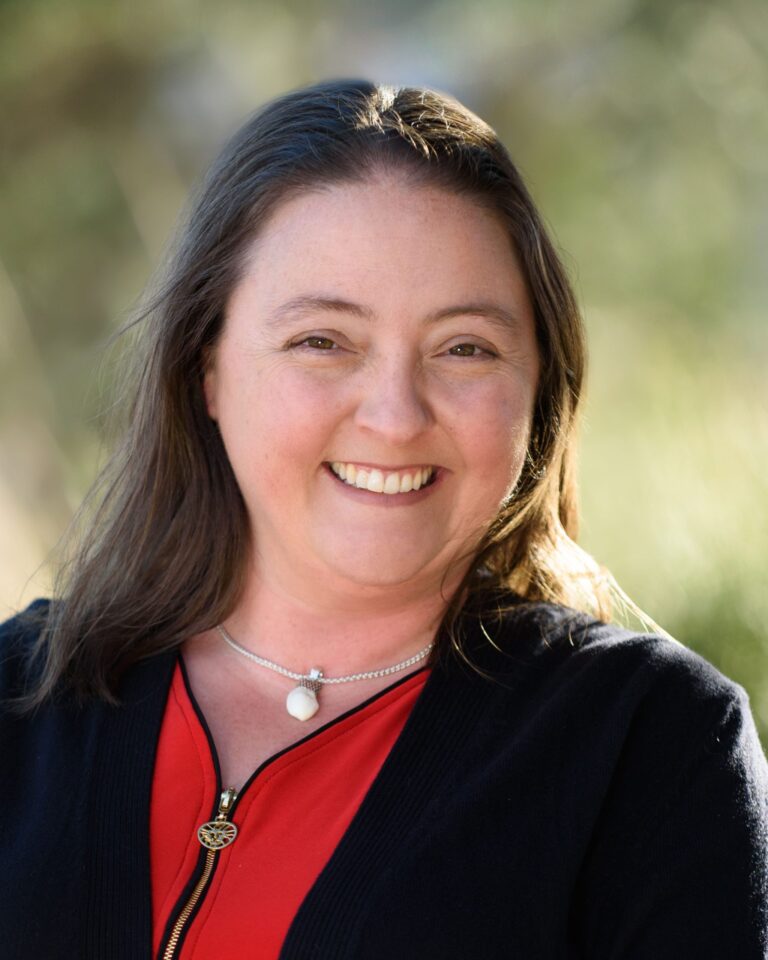Focus on MP: MP Oral Examiner Training and Engagement
By Matthew B. Podgorsak, PhD, Kalpana M. Kanal, PhD, and Robert A. Pooley, PhD, ABR Trustees; and Geoffrey S. Ibbott, PhD, ABR Associate Executive Director for Medical Physics
June 2022;15(3):8

As is the case for all ABR volunteers, medical physicists who are selected to participate as oral examiners must hold an ABR certificate that meets the requirements for the Continuing Certification (MOC) program. Other prerequisites for a potential examiner typically include prior or current engagement with an ABR committee and at least five years elapsed since board certification, although exceptions to these two requirements are occasionally made in response to an extraordinary need for examiners.
Several months before an oral exam, potential examiners are selected by an ABR trustee or the ABR associate executive director (AED), and an invitation is sent by the Exam Delivery team. Included with the invitation are the dates of the exam and, starting with the next round of invitations, required training and other examiner virtual meetings will also be explicitly listed. Our goal is to inform a potential examiner of the scope of expected engagement associated with participation as an examiner, so they will understand the time commitment if they accept their invitation.
As of 2022, medical physics oral exams will be offered twice per year, once in the spring in April or May and a second time in the fall, usually in September or October. The number of examinees in an exam differs among the three medical physics disciplines (diagnostic, nuclear, and therapeutic). Consequently, the number of examiners and the number of consecutive days an examiner is engaged in giving exams differ with discipline and whether the spring or fall exam is being considered.
Additional examiner engagement prior to the actual exams includes role-specific training and group meetings. All examiners participate in a general orientation, usually two to three weeks before the start of the exam. New examiners and panel chairs receive additional in-depth training covering specifics associated with their roles. Examiners selected to interact with candidates who will receive special accommodations are trained how to manage these exams. Special training is also provided for examiners who are selected to administer conditioned exams. Finally, all examiners who have been assigned to ask the same question sets meet prior to the start of an exam to discuss expectations for examinee responses.
Once an exam begins, each examiner’s performance is assessed at least twice through real-time observation of their administrations. Observers can be a trustee, the AED, or the ABR governor who is also a medical physicist. During these observations, an examiner’s adherence to ABR guidelines regarding professional attire, virtual office setting, time management, and appropriate interactions with an examinee are assessed.
Prior to administering their first exam, new examiners are scheduled to observe two senior examiners, and they are provided an opportunity to seek clarification on any part of the process. Subsequently, during their first exam administration, all new examiners are themselves observed and provided with appropriate feedback.
A post-exam survey is sent to examiners to provide feedback about their experiences with training and the entire exam process. Examiners are also encouraged to provide comments about the questions they were assigned to ask. This valuable feedback is reviewed by the ABR and actionable suggestions are implemented.
Comprehensive training is provided to examiners with the goal of enabling a consistent exam experience for all examinees, during which they can showcase their knowledge of medical physics. Furthermore, examiners are observed during exam administrations to ensure they are interacting with their examinees according to ABR guidelines.
We are grateful to all examiners for their willingness to share their time and expertise, so the ABR can continue to achieve its mission of certifying that our diplomates demonstrate the requisite knowledge, skill, and understanding of their disciplines to the benefit of patients.





